All international law is based on legislative acts created by states and their associations - international acts. This branch of law is the primary source for the laws of individual sovereign states that are available in the international arena. In particular, the Russian Federation ratified (that is, adopted) many international acts that were concluded between different countries.
Which of these laws are the most important, what are their varieties and what tasks are set for such documents? More on this later.
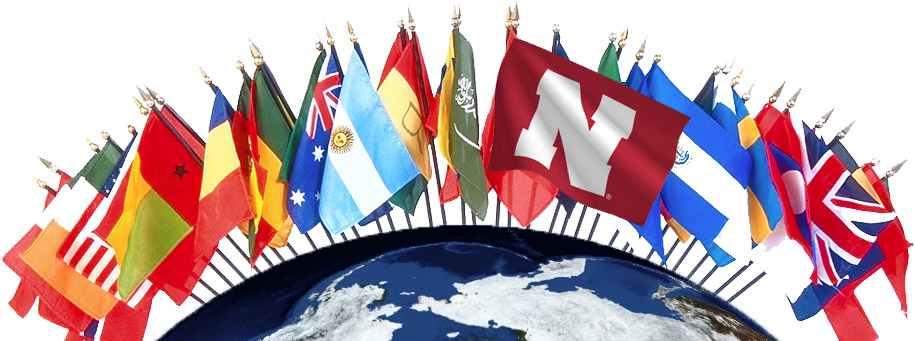
General concept
In legal terminology there is such a thing as an international regulatory act. It denotes a document that was concluded between different states present in the international arena. They are concluded solely on a voluntary and contractual basis.
The basic and most important international acts are of particular importance for the legislations of states, since their content contains the basic concepts of legal systems, human rights and guarantees, as well as many other elements that are necessary for the normal legal activity of any state. On the basis of such documents, the laws of sovereign states are often interpreted, since international acts are the main sources of law in them.
The main tasks of international documents
Each regulatory document in the international arena is of great importance to world politics. The content of each such act is aimed at ensuring peace between countries, on their basis all kinds of interstate and intrastate conflicts are settled. Many international legal acts regulate the enforcement of various structures that exist in all countries (for example, security services). Among other things, such documents are the basis for the entire mechanism of legal regulation in countries on the world stage.
Different acts may appear in all possible meanings. Many of them represent the role of documents interpreting the rule of law. In addition, some of them are acts of the application of law, as well as its implementation of the rights and obligations of its entities.

International treaties
Such types of international instrument are concluded multilaterally. Many contracts that are currently available in the system of this branch of law have existed for a long period. Examples of this are the Universal Declaration of Human Rights, as well as the UN Charter.
Treaties are usually created in order to resolve any issue that has arisen in the international arena. Very often in this way, containment of interstate conflicts is carried out.
A considerable number of documents of this nature are created for commercial arbitration and the conduct of interstate economic activity. Such documents are of commercial importance. Examples of such treaties include the Convention on the Uniform Law on Arbitration, the Geneva Protocol on Arbitration Clauses, as well as the Convention on the Establishment of a Multilateral Investment Guarantee Agency.
Unilateral legal act
Of considerable importance in the legal system are international legal acts concluded unilaterally. Such documents do not provide for the achievement of any agreement - they are an act proclaiming something.With the help of a unilateral agreement, a state party in the international arena can declare recognition of something, refusal or protest against something. Such documents can be issued in response to any event taking place in the world, for example, to the occupation of one country by another state. Such acts are created by bodies that are authorized by the country to conduct foreign policy - in the Russian Federation it is the Ministry of Foreign Affairs.
UN International Legal Acts
These documents are of particular importance for international law, as they are the founders of all laws enshrining human and civil rights and guarantees. The General Assembly of this organization issues a large number of resolutions, which prescribe many recommendations, as well as interpret concepts from international documents. The Declaration on the Granting of Independence to Colonial Countries, published in 1960, had a huge impact on international politics - it is in its text that the colonization of other states is prohibited.
All UN resolutions, as a rule, pursue issues of disarmament and maintaining international security, they address issues regarding cultural values, as well as social and humanitarian issues. In addition, documents issued by the UN regulate the conduct of all budget operations of the organization itself, as well as regulate issues related to international politics.
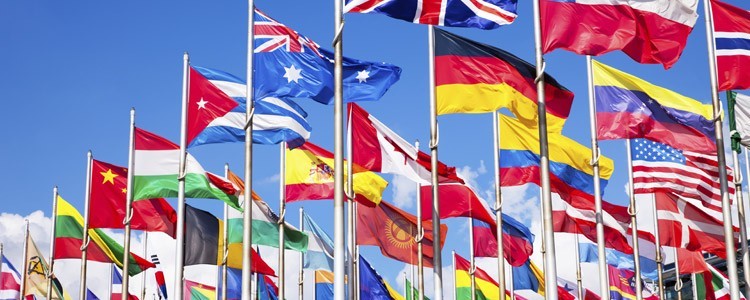
Universal Declaration of Human Rights
This document is of great importance for the entire existing world order and for every civilized, sovereign country. It was adopted in the post-war period, when questions about the protection of human rights stood on the edge - in December 1948.
The text of this document addresses the full range of human rights that each state must ensure. Based on this Declaration, modern constitutions of countries are created, and legislation is also written and interpreted.
The structure of this act includes 30 articles. It is purely advisory in nature, however, despite this, its provisions are widely applied in many countries. In some states, document clauses are partially recognized due to special cultural values.
Convention against Torture and Cruel Treatment
This is another document adopted by the UN, which is advisory in nature and enshrines certain rights and guarantees of a person and citizen. Such a document reflects a ban on the use of violence against people, as well as on the extradition of persons to those countries in which serious bullying, torture and mutilation can be applied to them.
As of 2016, 158 states are participating in such a Convention, which prohibit at the legislative level reprisals against people.
This document was adopted in 1984, but entered into force in 1987.
Convention for the Protection of Rights and Fundamental Freedoms
One of the main international acts is this UN Convention. It also spells out recommendations regarding the granting by states of freedoms and human and civil rights. This document entered into force in September 1953, but the agreement itself was signed in 1950.
Based on such a Convention, there is currently an International Court of Human Rights, to which every resident of countries that have ratified the document has the right to appeal, but only after considering his case in all possible instances. It is with the help of this structure that a mechanism for protecting the rights and freedoms that are prescribed in the Convention is provided (voluntary marriage, life, liberty, equality and the prohibition of discrimination, freedom of expression, etc.)
An important fact is that this agreement was signed by all the countries that are members of the Council of Europe.In Russia, this document was ratified in 1998, however, not completely: at the moment, the country does not recognize such clauses of the document as the abolition of the death penalty and the general prohibition of discrimination.
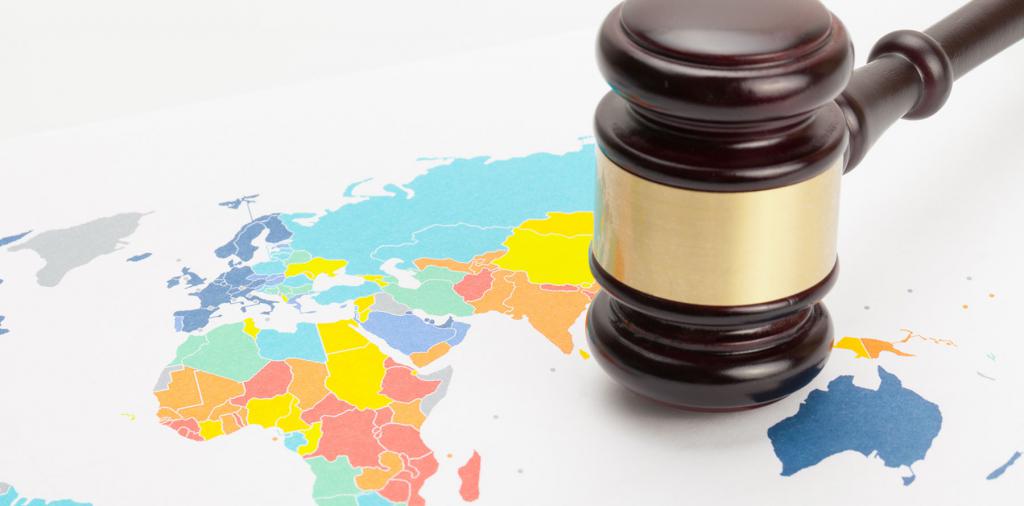
Political and Civil Rights Pact
This is the main international legal act regulating the whole range of human and civil rights and freedoms in the field of politics and civil relations. Russia ratified this document, while still being part of the USSR - in 1978. As for the date of adoption of the act itself, it happened in 1966.
Currently, this document is signed by 168 countries that are available on the world stage. The Human Rights Committee, which was established at the UN, is responsible for overseeing the implementation of this pact. It is here that all the reports of the countries participating in the treaty are submitted, as well as complaints from single individuals.
The text of such a document enshrines the fundamental right, which consists in the possibility of peoples self-determination. An official interpretation, an additional catalog of rights, as well as the procedure for fulfilling the prescribed obligations are also attached to its text.
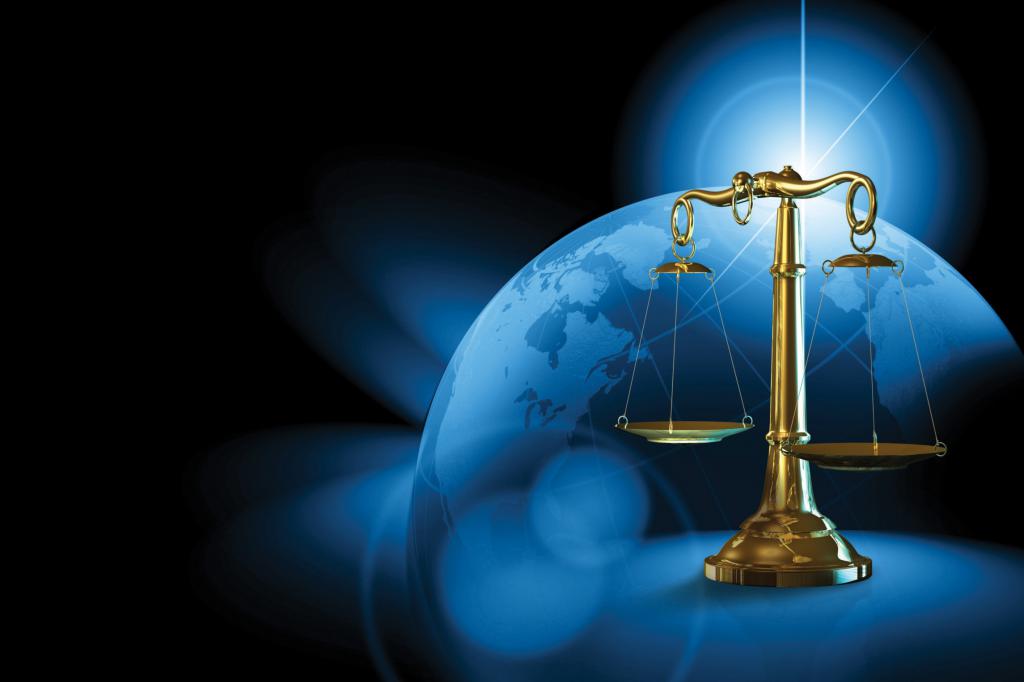
Rules for the treatment of prisoners
Much attention on the world stage is riveted to such a document, which is called the Standard Minimum Rules for the Treatment of Prisoners. It is also ratified by the Russian Federation.
This document is the second name - the Nelson Mandela Rules. It was assigned an act in honor of the name of the author. The structure of the document is small - it consists of an introduction and 16 articles. It is in them that the provisions on the prohibition of torture of prisoners staying in places of punishment are enshrined. Each of the criminals should be treated as humanely and politely as possible - this is also one of the provisions of the document - this rule was created on the basis that a person is a value in itself and also has a dignity that cannot be infringed under any circumstances.
Much attention in the text of the document is given to the conditions of detention of prisoners, as well as the conduct of educational and other activities among them. It also provides a system for the separation of prisoners in cells, depending on the type and severity of the crime.
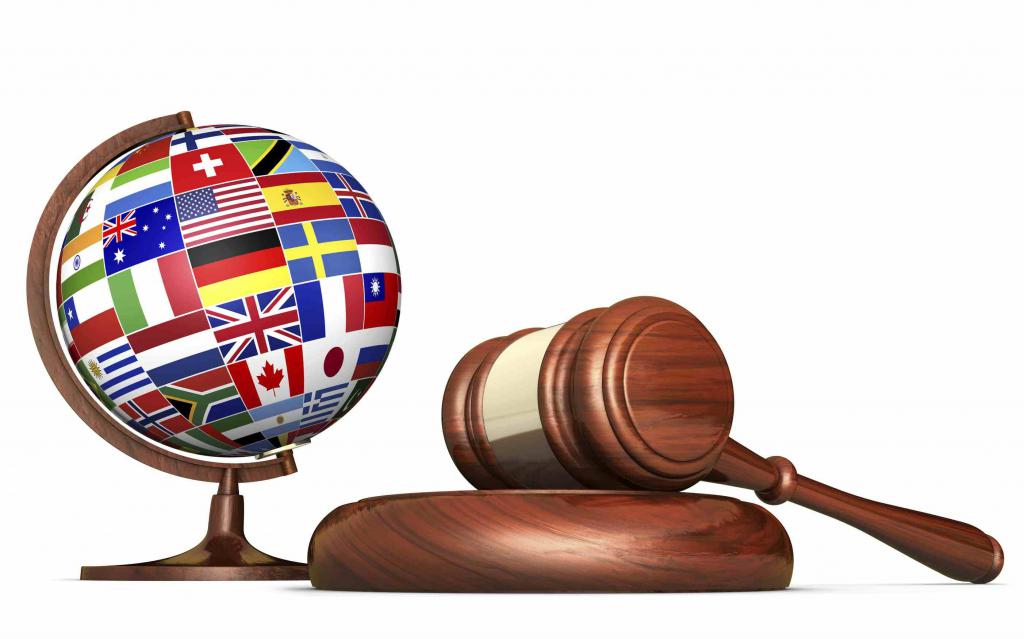
UN Charter
Another international act-source of law for many states is the UN Charter, which has existed since 1945. The text of this document is of great importance for international politics, as it contains not only all the legal features of the organization, but also regulates the activities of many organizations operating in the countries of the world that have signed it. The text of this international act states that all UN member states that have signed it are required to strictly comply with all prescribed conditions. Otherwise, a party that does not fulfill this requirement will be sanctioned.
The structure of the content of this normative act of international law contains sections that govern the work of the Security Council, the International Court of Justice, the Secretariat, as well as guardianship systems and the General Assembly. In addition, the act spells out possible actions leading to the resolution of conflict situations that may arise in the organization’s member countries.

International acts of the Russian Federation
Russia is a state that also has membership in the UN. Based on this fact, the state is obliged, first of all, to comply with all the clauses of the Charter of the organization, which was signed by the country in 1945. Russia has ratified almost all international acts and treaties adopted by the Assembly, moreover, they have a particular advantage over the laws of the country if there are some conflicts between the rules of law. In addition to the UN Charter, the country also ratified the norms of international acts, which spell out the rights of people and citizens, prisoners, as well as prohibitions on the slave trade, torture of people and inhuman punishments.The laws of the country clearly reflect almost all the rules prescribed by these treaties and conventions. In addition, for their failure to comply with a proportionate punishment in the form of bringing to justice. To a greater extent, the laws of the state pay attention to ensuring from the state the basic guarantees of the rights and freedoms of people living in the country.